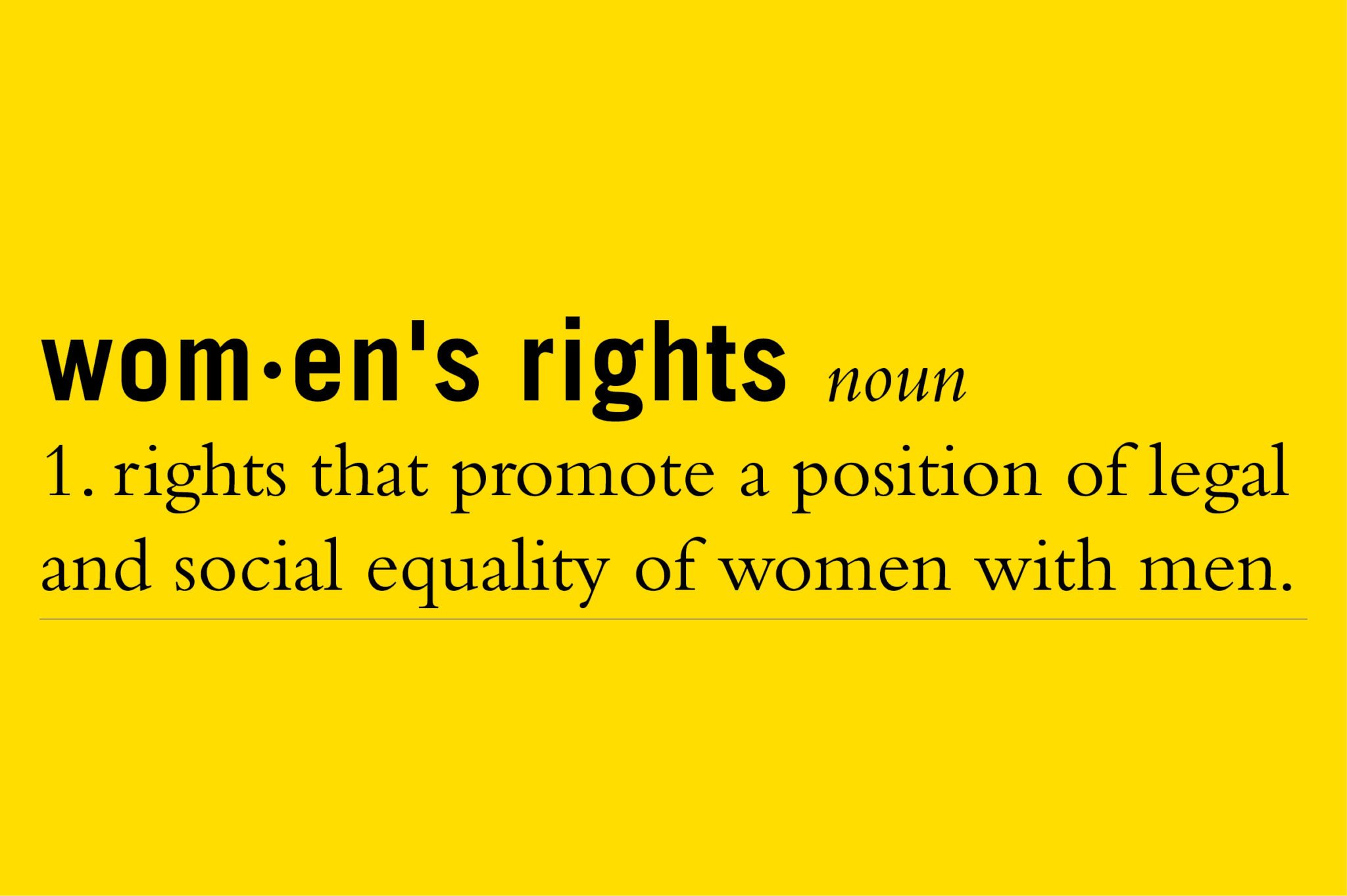Forced marriage through Ukuthwala is now a criminal offence

01 Dec 2016
The act of a man abducting a girl or young woman for the purposes of conducting a forced marriage was yesterday declared to be a criminal offence and has been incorporated into the Trafficking in Persons Act. This welcome development is the result of a human trafficking awareness campaign lead by the Hawks, the National Prosecuting Authority, and the South African Police Service in Ngcobo in the Eastern Cape.
The practice of “Ukuthwala” as it is known in the Eastern Cape and Kwazulu Natal occurs mostly in rural parts of South Africa. Tolerance of forced marriage has long been a source of reinforcement for oppressive patriarchal social customs which disempower females, deprive them of their freedoms and rob them of their dignity. Girls as young as twelve may be forced into marriage, often with the consent or support of their parents who are tempted by the prospect of lobolo.
Ukuthwala is often associated with numerous other offences ranging from kidnapping, rape, sexist exploitation and human trafficking, to a general denial of woman’s rights and the rights to equality. It is in clear violation of the South African Constitution which puts gender equality and the best interests of the child as a top priority. Section 28 of the Bill of Rights protects a child from degradation and maltreatment, as well as work or services which place the child’s well-being, education, physical and mental health, or spiritual development at risk.
The criminalisation of this exploitative and discriminatory custom marks a noteworthy step forward since a judgment by a Western Cape High Court in Jezile v S and Others (WCC) (case no. 127/2014, 23-3-2015) held that Ukuthwala was no defence to crimes of rape, human trafficking and assault. It also places South Africa in line with its commitment to the UN Convention on the Rights of the Child which states in Section 35 that “States Parties shall take all appropriate national, bilateral and multilateral measures to prevent the abduction of, the sale of or traffic in children for any purpose or in any form.”
Perpetrators, parents and community members who aid, support or participate in forced marriage rituals could now face criminal prosecution under the Trafficking in Persons Act and can no longer hide behind antiquated customs. The decision to prioritise inalienable human rights above oppressive cultural liberties indicates an important realisation that culture must evolve to reflect and support the spirit of the times that we live in.
For more information on Ukuthwala visit: http://www.justice.gov.za/brochure/ukuthwala/ukuthwala.html
See also: Gauteng attorney’s piece on ‘Ukuthwala’ earns top honours
(This article is provided for informational purposes only and not for the purpose of providing legal advice. For more information on the topic, please contact the author/s or the relevant provider.)
